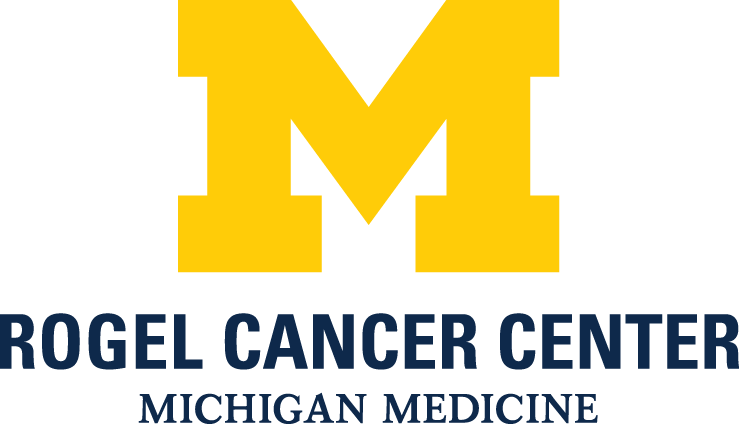
Dr. Vaishampayan on the Design of the PROBE Trial in RCC

Ulka Nitin Vaishampayan, MBBS, discusses the design of the phase 3 PROBE trial in advanced renal cell carcinoma.
Ulka Nitin Vaishampayan, MBBS, director, Phase I Program, Rogel Cancer Center, Michigan Medicine, professor of internal medicine, University of Michigan, discusses the design of the phase 3 PROBE trial (NCT04510597) in advanced renal cell carcinoma (RCC).
This randomized, open-label trial is evaluating the efficacy of standard-of-care immunotherapy-based combinations with or without nephrectomy in patients with advanced, metastatic RCC. All potential patients are treated with either 240 mg of intravenous (IV) nivolumab (opdivo) every 2 weeks, 480 mg of IV nivolumab every 4 weeks, 200 mg of IV pembrolizumab (Keytruda) every 3 weeks plus 5 mg of oral axitinib (Inlyta) twice per day, or 5 10 mg/kg of IV avelumab (Bavencio) every 2 weeks plus 5 mg of oral axitinib 5 mg oral twice per day. Patients are then randomized to receive nephrectomy or continue on treatment alone. Nephrectomies are conducted 8 weeks after randomization.
The primary endpoint of the trial is overall survival, and patients are stratified by ECOG performance status and risk level prior to randomization, Vaishampayan says. If patients are rapidly progressing while on any of the immunotherapy-based regimens, they are not considered eligible for the study, Vaishampayan explains.
Patients are required to have stable disease to be randomized and considered for nephrectomy. Randomization occurs between weeks 10 and 14 after the start of immunotherapy-based treatment, Vaishampayan concludes.




































